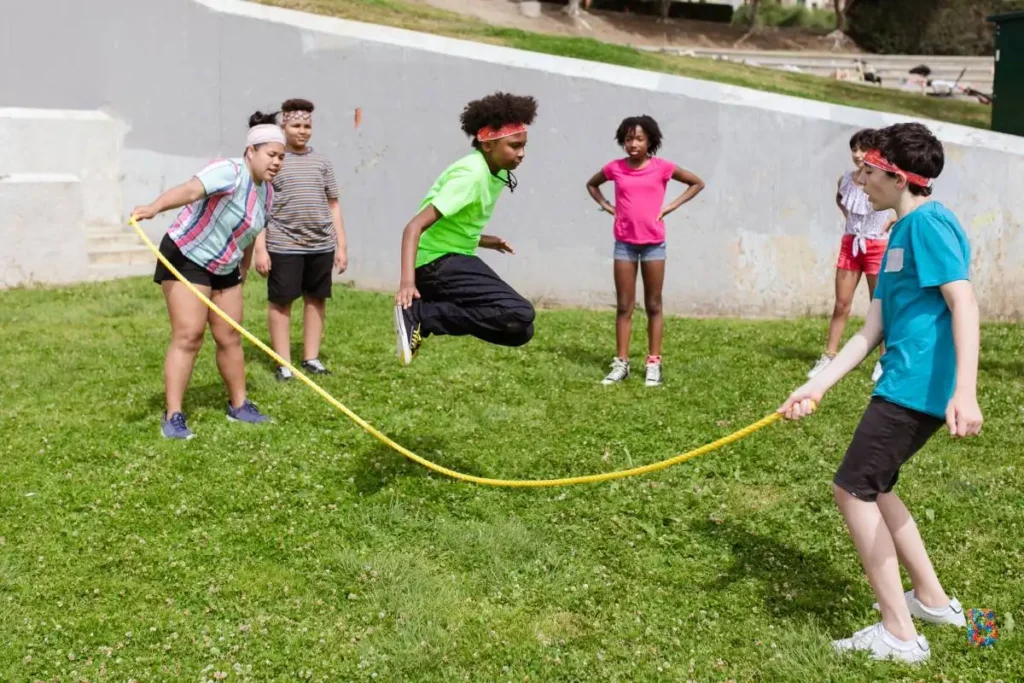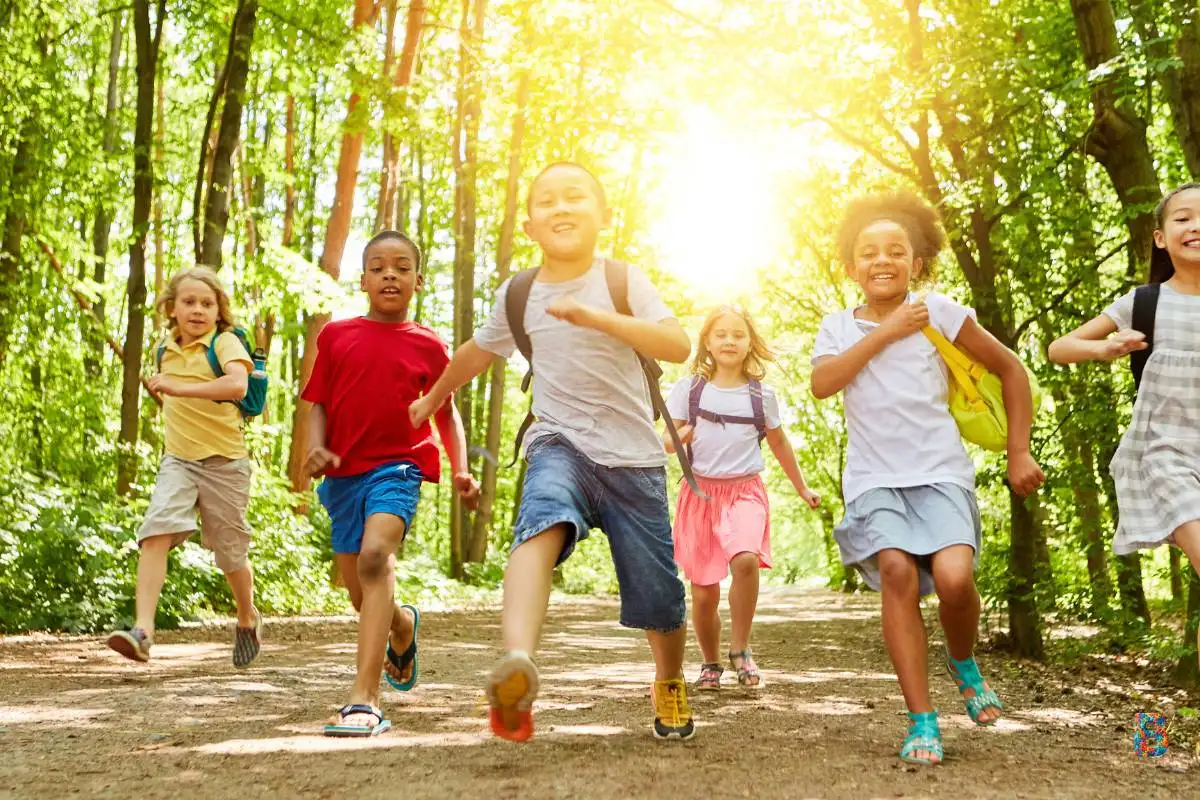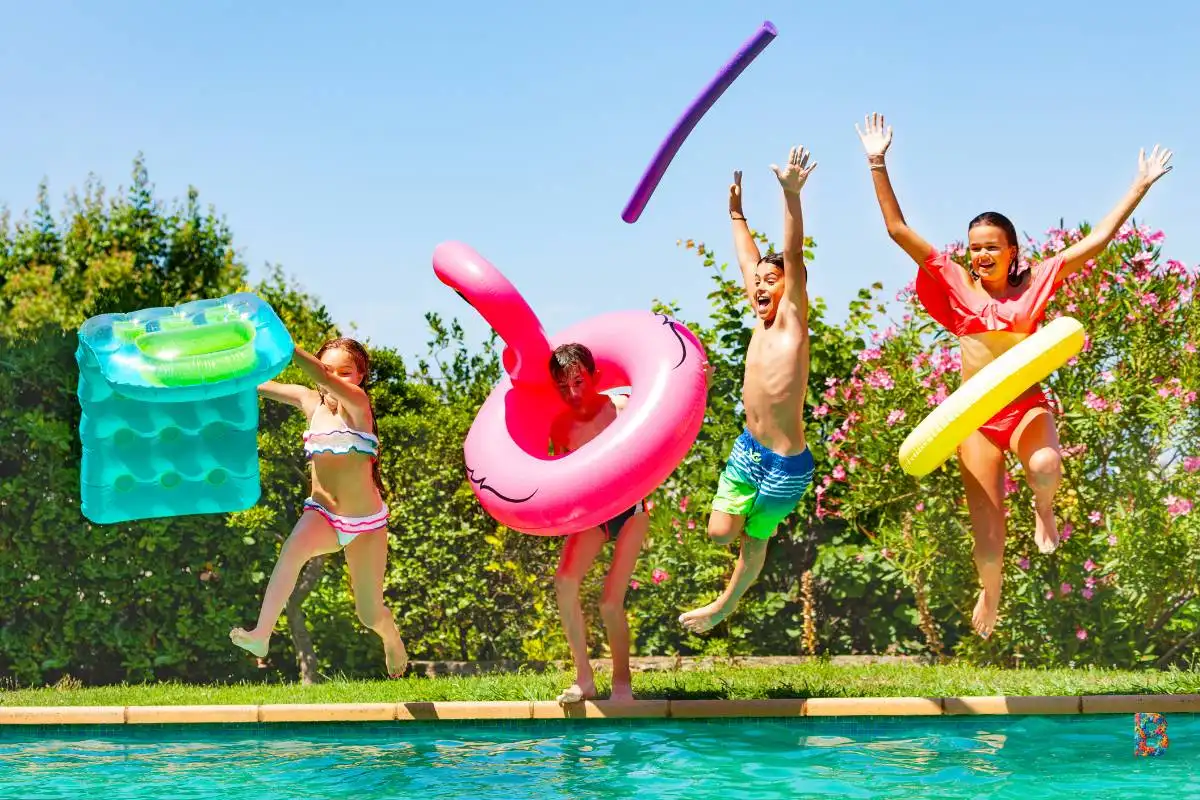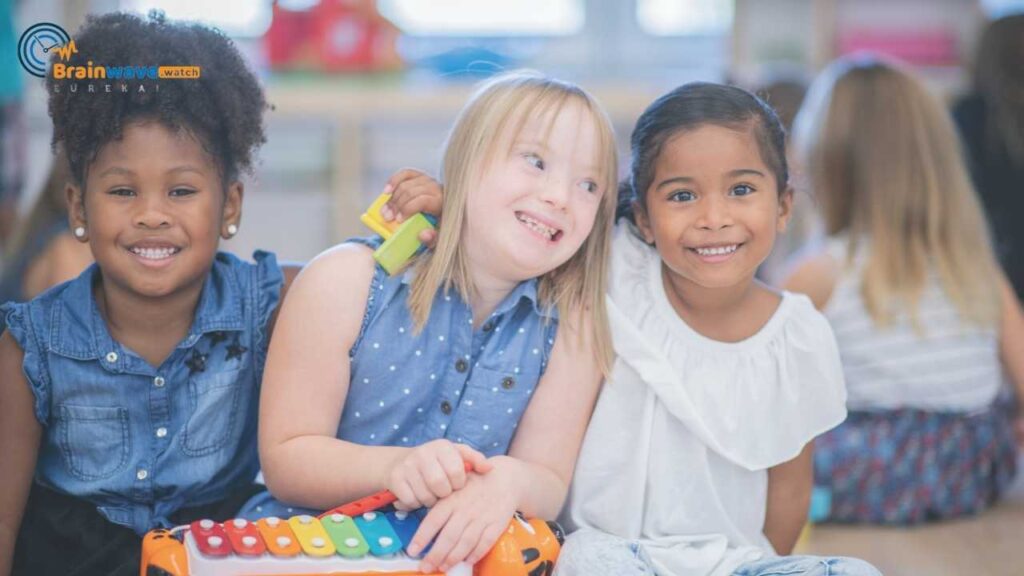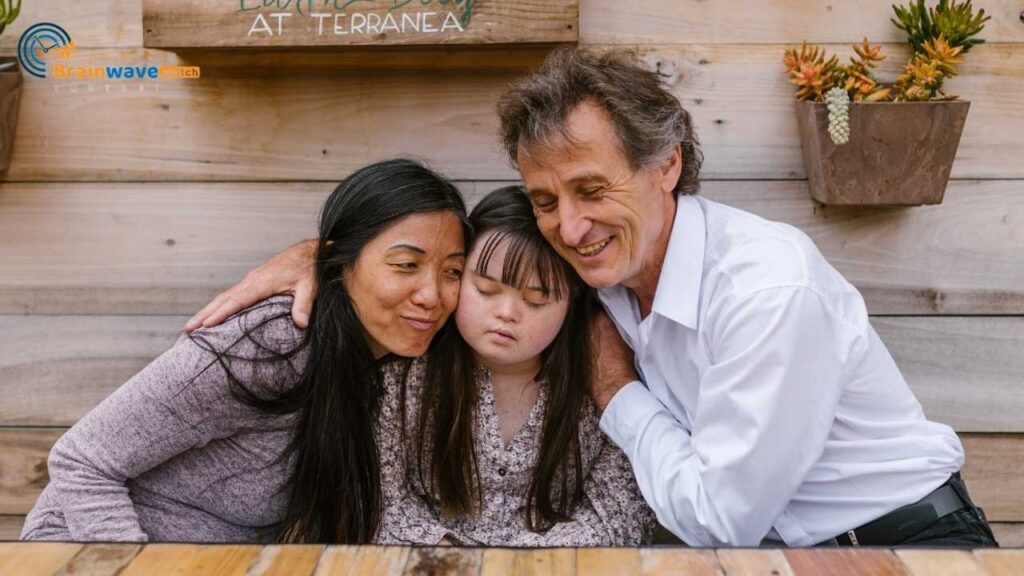Summer beckons with its warm sunshine and fresh air, but for children with autism, venturing outdoors can sometimes feel overwhelming. Don’t let sensory sensitivities limit the joy of exploration! This article unlocks a world of exciting outdoor activities designed to engage your child’s senses and spark their curiosity. From calming nature walks to creative backyard adventures, we’ll provide you with a toolkit for creating unforgettable summer memories that celebrate the beauty of the outdoors, all on your child’s terms. Let’s get ready to explore!
Children with autism often face challenges in social communication, behavior, and sensory processing. Outdoor activities can provide a safe and enjoyable environment for children with autism to learn, explore, and develop new skills.
Benefits of Outdoor Activities
Outdoor activities offer numerous benefits for children with autism. For instance, outdoor play provides opportunities for children to engage in physical exercise, which can improve their motor skills and overall health. Outdoor activities can help children develop social skills, such as turn-taking, sharing, and communication.
Outdoor play also helps children with autism develop various skills, such as coordination, balance, sensory play, and much more. Being outside exposes children with autism to the world around them and is often less overwhelming than being in daycare or public as they adjust to life.
Sensory Considerations
Sensory processing difficulties are common among children with autism. Outdoor play can provide a sensory-rich environment that can help children with autism develop their sensory skills. It is important to consider the sensory needs of each child when planning outdoor activities.
For example, some children with autism may be sensitive to loud noises, bright lights, or certain textures. Therefore, it is important to choose outdoor activities that are appropriate for each child’s individual sensory needs. Parents and caregivers should use natural materials and textures, such as sand, grass, and water, to create sensory-rich activities that are safe and enjoyable for children with autism.
Planning Inclusive Outdoor Activities
When planning outdoor activities for children with autism, it is important to consider their unique needs and preferences. Here are some key factors to keep in mind when planning inclusive outdoor activities.
1. Choosing the Right Environment
The environment in which the activity takes place can greatly impact the child’s experience. Some children with autism may find busy or noisy environments overwhelming, while others may crave sensory input. It is important to choose an environment that is appropriate for the child’s individual needs.
Consider the following factors when choosing an environment:
- Noise level: some children may be sensitive to loud noises and prefer quieter environments.
- Crowds: some children may find large crowds overwhelming and prefer more secluded areas.
- Sensory input: some children may crave sensory input and benefit from being in nature or around water.
2. Structured vs. Unstructured Play
Structured play involves activities with a clear set of rules and guidelines. This type of play can be beneficial for children with autism who thrive on routine and predictability. Examples of structured play include organized sports, scavenger hunts, and obstacle courses.
Unstructured play involves free play without a set agenda or rules. This type of play can be beneficial for children with autism who struggle with social skills and need to practice social interaction. Examples of unstructured play include exploring nature, playing in a sandbox, and running around in an open field.
Offer a balance of structured and unstructured play to meet the child’s individual needs and preferences. By considering the child’s unique needs and preferences when planning outdoor activities, you can create a fun and inclusive experience for all.
Popular Outdoor Activities for Children with Autism
When it comes to outdoor activities, children with autism can benefit from a variety of options that cater to their unique needs and preferences. Here are two popular outdoor activities that children with autism might enjoy:
Nature Walks and Hiking
Nature walks and hiking can be excellent outdoor activities for children with autism. These activities provide ample opportunities for children to explore the outdoors, learn about nature, and get some exercise. Additionally, being in nature can have a calming effect on children with autism, which can help to reduce stress and anxiety.
To make nature walks and hiking more enjoyable for children with autism, parents and caregivers can incorporate sensory activities into the experience. For example, they can encourage children to touch different textures, smell different plants, and listen to different sounds. This can help to engage children’s senses and make the experience more meaningful for them.
Water Play and Swimming
Water play and swimming can also be great outdoor activities for children with autism. These activities can provide a fun and refreshing way for children to cool off on hot days while also providing a range of sensory experiences.
Parents and caregivers can make water play and swimming more enjoyable for children with autism by incorporating sensory toys and activities into the experience. For example, they can provide children with pool noodles, inflatable balls, and other toys that can be used in the water. Additionally, they can encourage children to explore different water temperatures and textures, which can help to engage their senses and make the experience more enjoyable.
Safety Measures and Support
When planning outdoor activities for children with autism, it is important to prioritize their safety. One way to do this is to establish a clear system of supervision and buddy support. This means that every child should have a designated adult who is responsible for keeping an eye on them and stepping in if necessary.
To ensure that every child is accounted for, consider using a buddy system. Pair each child with a buddy who can help them stay on track and navigate the outdoor environment. This can be especially helpful for children who may have difficulty with social cues or following directions.
Open communication is key to ensuring that children with autism feel safe and supported during outdoor activities. Before heading out, take the time to communicate with both the children and their parents or caregivers. Ask about any specific needs or concerns, and be sure to address them before the activity begins.
During the activity, use clear and concise language to communicate expectations and instructions. It may also be helpful to use visual aids or social stories to help children understand what is expected of them.
If a child becomes overwhelmed or needs assistance, be prepared to provide support. This may involve taking a break from the activity, providing sensory tools or calming techniques, or enlisting the help of a parent or caregiver.
By prioritizing safety and communication, outdoor activities can be a fun and rewarding experience for children with autism.
Engaging the Community
Engaging with the community can be an excellent way to provide children with autism opportunities to socialize and learn new skills. Creating autism-friendly spaces and participating in community events and group activities can be a great way to achieve this.
Creating autism-friendly spaces can be an excellent way to provide children with autism a place to play and learn in a safe and supportive environment. These spaces can be designed to meet the unique sensory needs of children with autism. Some key features of autism-friendly spaces include:
- Sensory-friendly equipment such as swings, slides, and climbing structures.
- Quiet areas for children who need a break from sensory stimulation.
- Soft play areas with foam padding to prevent injury.
- Visual aids such as pictures and symbols help children understand rules and routines.
By creating autism-friendly spaces, parents and caregivers can provide children with autism a place to play and learn without the stress and anxiety that can come with unfamiliar environments.
Participating in community events and group activities can be an excellent way to help children with autism develop social skills and make new friends. Many communities offer programs and events specifically designed for children with autism, such as:
- Sports programs that focus on teamwork and cooperation.
- Art classes that encourage creativity and self-expression.
- Music programs that help children develop language and communication skills.
Participating in these programs and events can help children with autism develop confidence and self-esteem while also providing opportunities to learn new skills and make new friends.

